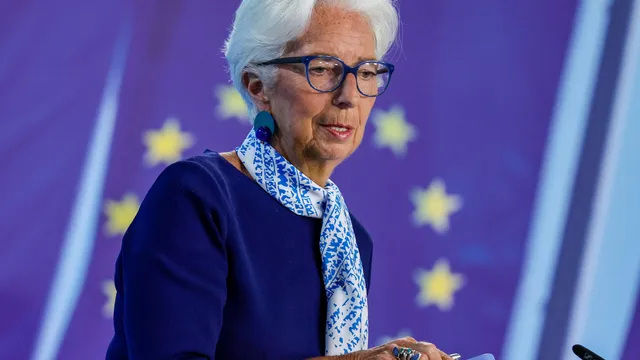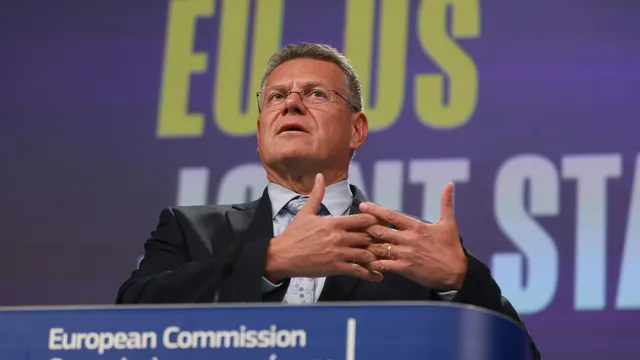The influx of foreign workers has played a key role in the eurozone's economic growth in recent years, compensating for reduced working hours and lower real wages, European Central Bank (ECB) President Christine Lagarde said in a speech at the annual US Federal Reserve symposium in Jackson Hole, Wyoming, Reuters reported.
According to Lagarde, migration to the European Union brought the bloc's population to a record number last year, despite a decline in the birth rate. However, a number of governments have introduced restrictions on new arrivals in response to domestic discontent and increased political pressure.
Lagarde stressed that the increase in the number of workers from outside the eurozone has been one of the main factors supporting the economy, even with a trend towards shorter working hours and lower living standards in some sectors.
“Although foreign workers accounted for only about 9% of the total workforce in 2022, they accounted for half of its growth over the past three years,” Lagarde said. “Without this contribution, labor market conditions would have been tighter and output lower,” she added.
Lagarde pointed out that Germany’s gross domestic product would have been about 6% lower than in 2019 without the participation of foreign workers. She said that Spain’s strong economic performance since the Covid-19 pandemic was also largely due to their contribution.
According to Eurostat, the EU population reached a record 450.4 million in 2024, with net immigration offsetting natural population decline for the fourth consecutive year.
Despite the positive economic impact, the process has led to growing political tensions. A number of countries have seen a strong rise in far-right parties, especially among voters dissatisfied with migration policies. In Germany, the new government even suspended family reunification and migrant resettlement programs, trying to limit the shift of disaffected voters to the Alternative for Germany (AfD). | BGNES

 Breaking news
Breaking news
 Europe
Europe
 Bulgaria
Bulgaria







